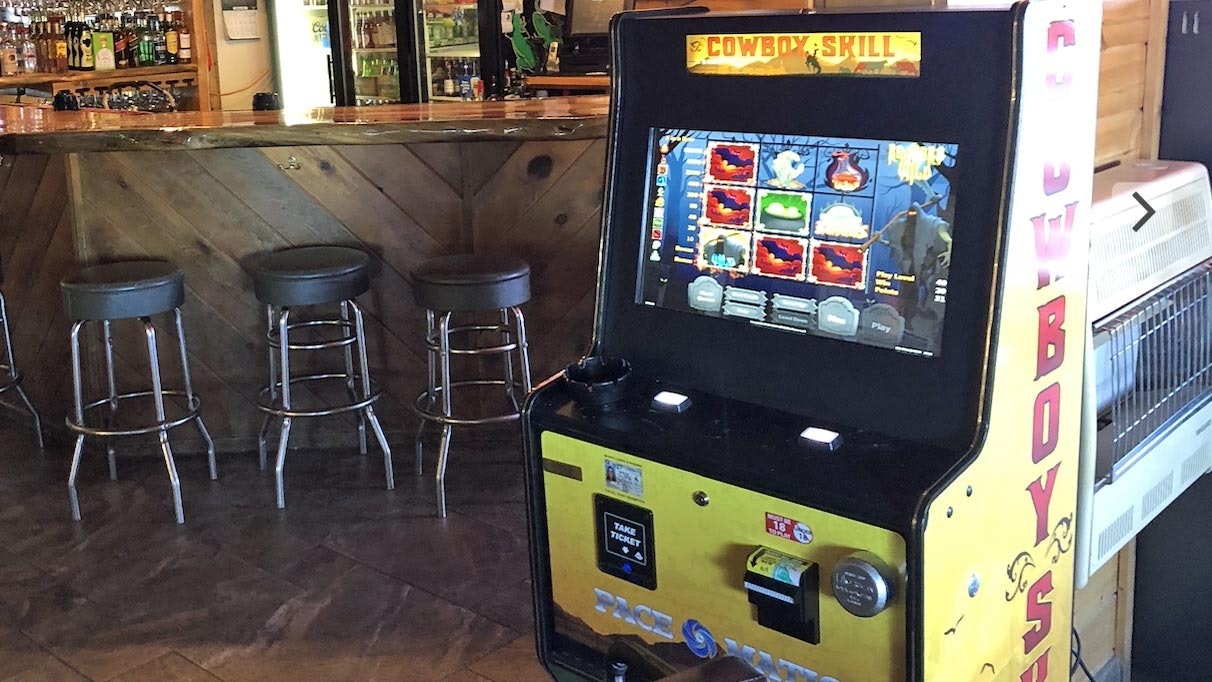CHEYENNE —If you’re interested in gaming, pay attention to a consultant’s study that should be ready for the 2025 legislative session.
It is very possible that the future of gaming in Wyoming is riding on the conclusions made by the pros from the Spectrum Gaming Group.
I say pros because these folks have conducted similar studies in 44 states and a bunch of countries as well, according to internet sources.
Success in gaming came too fast for Wyoming.
Ten years ago this debate could have been about bingo or parimutuel racing. The national gaming industry at that time considered Wyoming a backwater state that gave a cold shoulder to gaming in general.
As the result of a series of legal and other developments Wyoming has become a magnet for national gaming groups as well and for live horse racing.
Consequently citizens, particularly in Cheyenne and Casper, don’t like the proliferation of all those Historic Horse Racing places popping up in the downtown in buildings previously occupied furniture stores or some other local businesses.
The problem is that a lot of people do like them, given the packed parking lots in Cheyenne at these establishments.
You could compare the explosion of the gaming industry to the development of coal mining in the Powder River Basin in the 1970s.
The state did pretty well overall in handling that boom ultimately, but it was slow in the beginning because it didn’t know what all was coming. It took a while to catch up.
Gaming does not cause the level of disruption of a community overrun by hundreds of workers.
But it causes concern if it seems to be on a runaway course — too much, too soon with no guardrails.
It is interesting that gaming now matches coal in the amount of revenue produced for the state more than $1 billion a year with more to come.
Members of the Joint Appropriations Committee recently talked about different draft bills offered by a sub working group including some to slow down the growth of the industry.
One proposal set a cap of 400 Historic Horse Racing (HHR) machines allowed in each location.
All the industry representatives at the meeting opposed the bill. Their argument was that the market will dictate how many machines will be needed.
There also was the caution that Wyoming is a small population rural state that will only support a certain level of investment.
The major operations will be on the borders, like the $25 million one south of Cheyenne, with another $18 million one for Evanston.
The committee was reluctant to adopt any cap as a maximum.
We don’t know yet where this industry is going,” said Sen. David Kinskey, R-Sheridan. “We could become a mecca.”
Sen. Mike Gierau, D-Jackson, said the 400 cap in the draft bill was “far-fetched” because it was aimed at a moving target.
“I think the state needs to get a better handle on this,” Gierau said.
In the past the state has been at the back end of economic development decisions by industry.
“I don’t want to get on the back end of this,” Gierau said.
Meanwhile national online groups that follow gaming have picked up on action in Wyoming.
Legal Sports Report said, “Multiple industry sources have indicated Wyoming could be a prime candidate to legalize online casino.”’
Sportscasting org. reported that with higher revenue and a likely higher tax rate than the 10 percent tax that Wyoming levies on online sportsbooks, iGaming could provide the state with a much bigger financial windfall.
Wyoming Gaming Commission Executive Director Charles Moore says the Spectrum study will help the commission better weigh the pros and cons of iGaming.
“We believe that iGaming has the potential to bring significant benefits to our state, but we also recognize the need for a comprehensive and objective analysis to inform our decision-making process,” said Moore, according to an online source.
Contact Joan Barron at 307-632-2534 or jmbarron@bresnan.net





